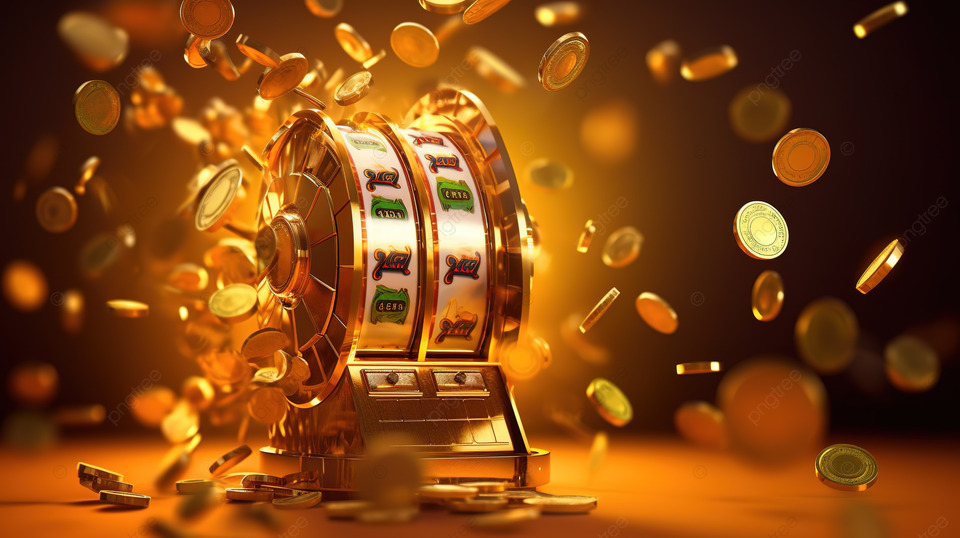Slot machines have long been a staple in casinos, offering a thrilling mix of chance and excitement to players. The allure of hitting the jackpot and the anticipation of the spinning reels create an atmosphere of suspense and thrill. But behind the flashing lights and ringing bells, there’s a question that often crosses the minds of players and researchers alike: Is there really a science to luck when it comes to neng4d machines, or is it all just fiction?
The Basics of Slot Machines:
Before delving into the science of luck, let’s understand the basics of how slot machines work. Modern slot machines are computerized devices that use a random number generator (RNG) to determine the outcome of each spin. The RNG ensures that each spin is independent and unrelated to the previous or future spins, making it purely a game of chance.
Symbols on the reels are assigned specific values, and the combination of these symbols on the payline determines the outcome. Some symbols may have higher payouts, while others offer smaller rewards. The randomness of the outcomes is what contributes to the unpredictable nature of slot machines.
The Psychology of Luck:
While the outcome of each spin is technically random, the psychology of luck plays a crucial role in the slot machine experience. The concept of luck is deeply ingrained in human psychology, and it can significantly influence how players perceive their chances of winning.
Casinos often use various visual and auditory stimuli, such as vibrant colors, upbeat music, and flashing lights, to create a positive and exciting atmosphere. These elements contribute to the feeling of luck being in the air, even though the odds remain the same with each spin.
The Gambler’s Fallacy:
One common misconception among players is the Gambler’s Fallacy – the belief that if a particular outcome hasn’t occurred in a while, it’s more likely to happen in the future. For example, if the slot machine hasn’t paid out a jackpot for an extended period, some players may believe that a big win is imminent. In reality, each spin is independent, and past outcomes have no bearing on future results.
The Role of Probability:
Probability is a fundamental concept when discussing the science of luck in slot machines. While individual spins are unpredictable, the overall odds of winning or losing are determined by the machine’s design. Casinos carefully set the payback percentage, which represents the average amount a player can expect to win over time. This percentage ensures that the house maintains a profit while still providing players with the chance to win.
Conclusion:
In the world of slot machines, the science of luck is a fascinating interplay between psychology, probability, and the mechanics of the games. While the outcome of each spin is ultimately random, the perception of luck greatly influences the player’s experience.
